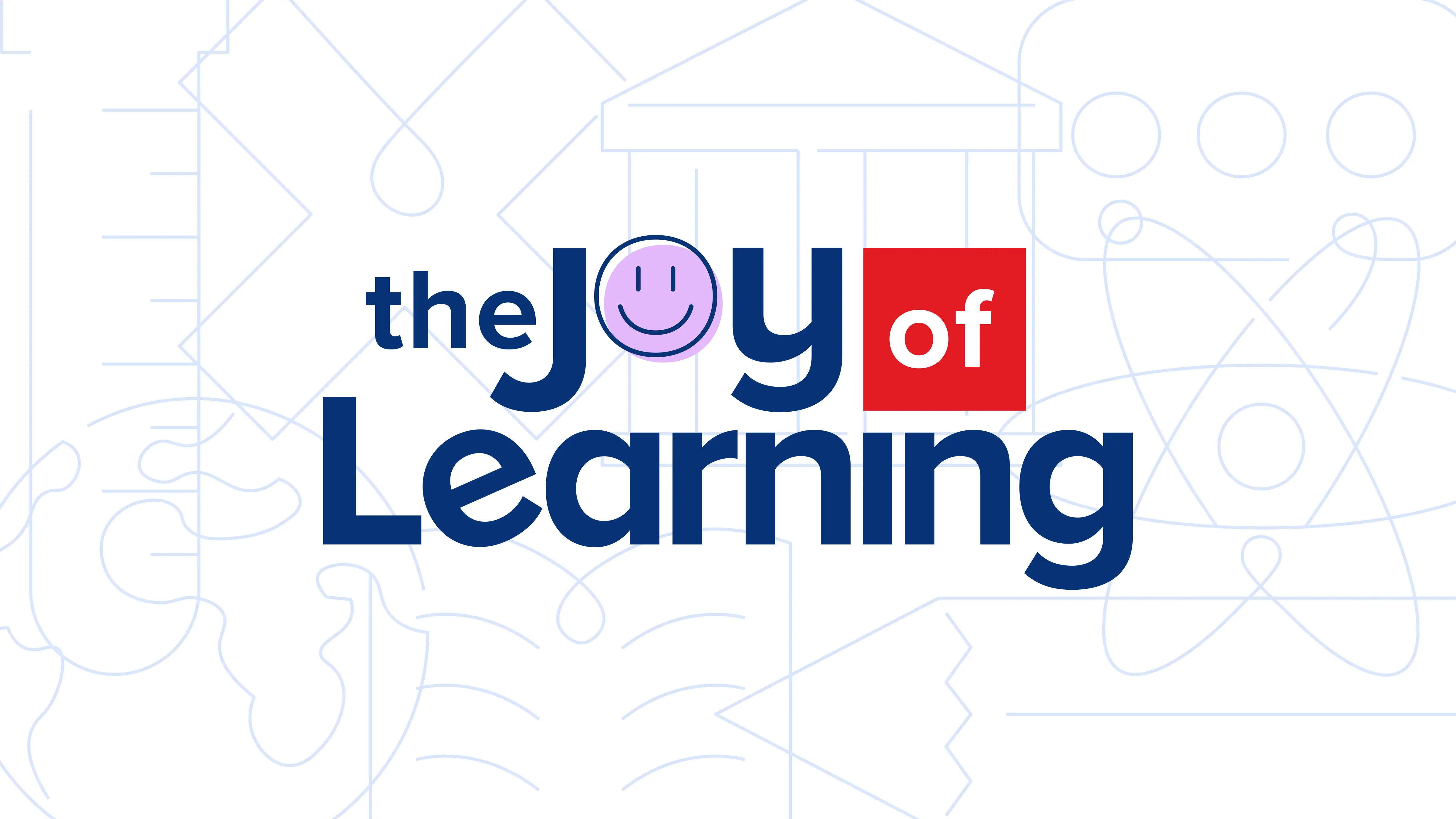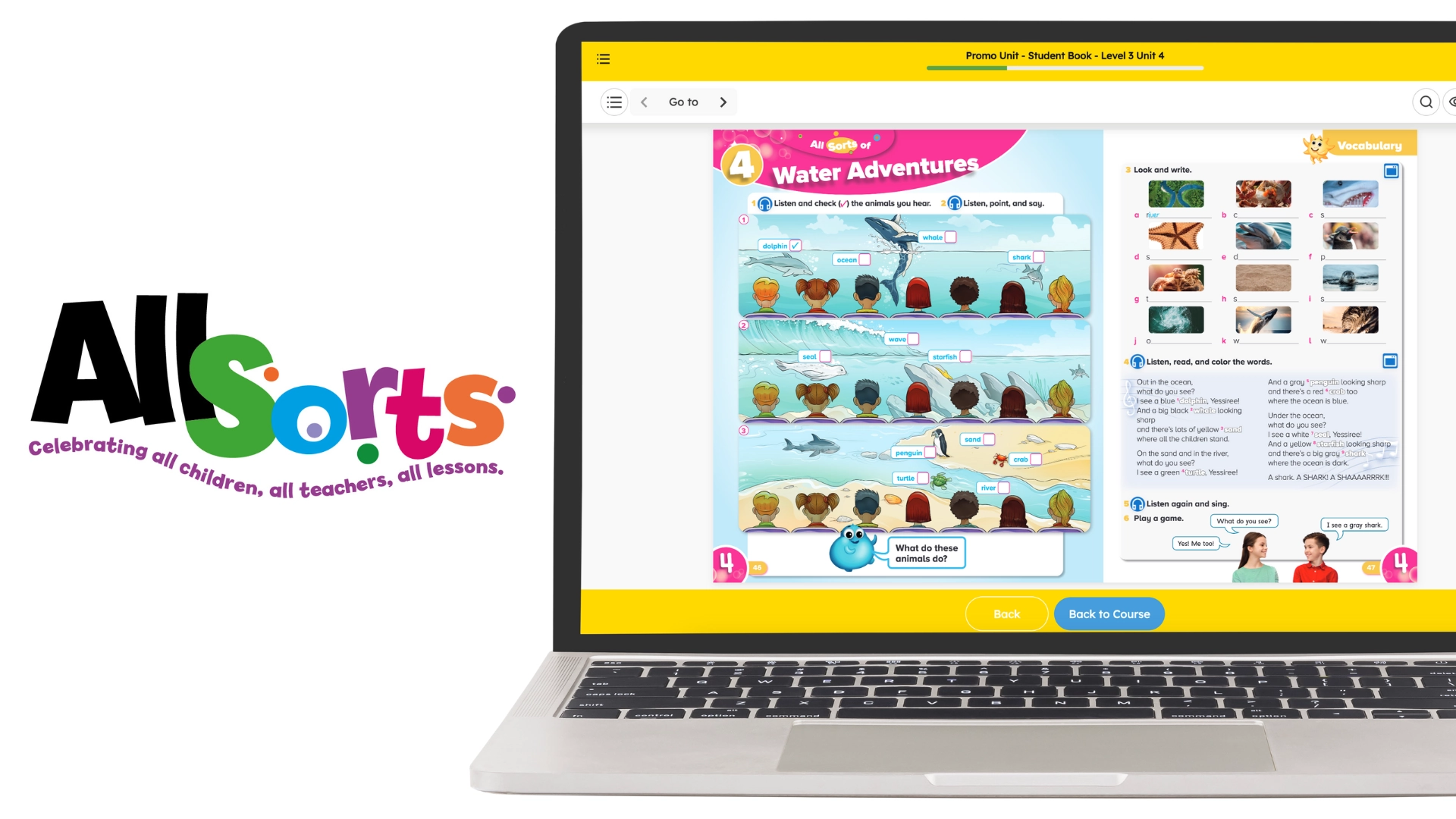Log In to My PreK-12 Platform
Find the path to what's possible.
Every teaching and learning journey is unique. We'll help guide your way.
PreK-12
Expand Your Classroom's Possibilities
Together, we can set new boundaries for what's possible, designing tomorrow's classroom with technology that enables you to personalize, engage, and inspire.

Joy in learning is a foundation from which students gain the confidence to explore new ideas, take risks, and embrace learning as a part of everyday life.
Specifically designed to complement and expand our world-class content in science and social studies, these ready-to-play kahoots will help ignite learning at home or in the classroom.
Available for grades 1 and 2, ALEKS Adventure is a personalized and immersive math journey powered by a dynamic AI engine that promotes mastery and engagement.
Higher Ed
We’re Here for Instructors & Students Alike
Search and save products you love, access your digital platforms, and connect with other students and educators.

GO is an easy-to-use and quick to set up eBook+ that lives within your LMS.
Students: power up your studying with our new free study app Sharpen, now available for web, iOS, and Android.
Read our white paper and articles for tips on how to advance an education for all.
Professional
Guiding You Towards Your Career Goals in Today's Digital Age
McGraw Hill’s Access® mobile app, First Aid Forward™ platform, and Clinical Confidence empower medical students to master board exams like USMLE and COMLEX.

First Aid Forward is the digital key for medical students aiming for USMLE® success and comprehensive medical education.
Students save on Boards & Beyond memberships when buying more than one subscription at a time.
Clinical Confidence from Boards & Beyond applies students’ real-world knowledge when treating patients for the first time in a hospital setting.
International
Serving Educators in Over 100 Countries & 80 Languages
Our global reach enables us to adapt our content to local needs giving educators the tools they need to prepare the next generation of thinkers, leaders, and innovators.

Our new English Language Teaching course, developed by trusted experts in content, technology and pedagogy at McGraw Hill, is here and available now to schools in Mexico, Colombia, Asia and the Middle East. Check it out!
The newly designed site is dedicated to the needs of key markets in the Middle East, serving as the primary channel for our latest products and resources.
From NEOMA Business School, this piece shows ALEKS to be a useful partner in helping reduce failure rates and bolster engagement.
PreK-12
Expand Your Classroom's Possibilities
Together, we can set new boundaries for what's possible, designing tomorrow's classroom with technology that enables you to personalize, engage, and inspire.

Joy in learning is a foundation from which students gain the confidence to explore new ideas, take risks, and embrace learning as a part of everyday life.
Specifically designed to complement and expand our world-class content in science and social studies, these ready-to-play kahoots will help ignite learning at home or in the classroom.
Available for grades 1 and 2, ALEKS Adventure is a personalized and immersive math journey powered by a dynamic AI engine that promotes mastery and engagement.
Higher Ed
We’re Here for Instructors & Students Alike
Search and save products you love, access your digital platforms, and connect with other students and educators.

GO is an easy-to-use and quick to set up eBook+ that lives within your LMS.
Students: power up your studying with our new free study app Sharpen, now available for web, iOS, and Android.
Read our white paper and articles for tips on how to advance an education for all.
Professional
Guiding You Towards Your Career Goals in Today's Digital Age
McGraw Hill’s Access® mobile app, First Aid Forward™ platform, and Clinical Confidence empower medical students to master board exams like USMLE and COMLEX.

First Aid Forward is the digital key for medical students aiming for USMLE® success and comprehensive medical education.
Students save on Boards & Beyond memberships when buying more than one subscription at a time.
Clinical Confidence from Boards & Beyond applies students’ real-world knowledge when treating patients for the first time in a hospital setting.
International
Serving Educators in Over 100 Countries & 80 Languages
Our global reach enables us to adapt our content to local needs giving educators the tools they need to prepare the next generation of thinkers, leaders, and innovators.

Our new English Language Teaching course, developed by trusted experts in content, technology and pedagogy at McGraw Hill, is here and available now to schools in Mexico, Colombia, Asia and the Middle East. Check it out!
The newly designed site is dedicated to the needs of key markets in the Middle East, serving as the primary channel for our latest products and resources.
From NEOMA Business School, this piece shows ALEKS to be a useful partner in helping reduce failure rates and bolster engagement.
PreK-12
Expand Your Classroom's Possibilities
Together, we can set new boundaries for what's possible, designing tomorrow's classroom with technology that enables you to personalize, engage, and inspire.

Joy in learning is a foundation from which students gain the confidence to explore new ideas, take risks, and embrace learning as a part of everyday life.
Specifically designed to complement and expand our world-class content in science and social studies, these ready-to-play kahoots will help ignite learning at home or in the classroom.
Available for grades 1 and 2, ALEKS Adventure is a personalized and immersive math journey powered by a dynamic AI engine that promotes mastery and engagement.
Higher Ed
We’re Here for Instructors & Students Alike
Search and save products you love, access your digital platforms, and connect with other students and educators.

GO is an easy-to-use and quick to set up eBook+ that lives within your LMS.
Students: power up your studying with our new free study app Sharpen, now available for web, iOS, and Android.
Read our white paper and articles for tips on how to advance an education for all.
Professional
Guiding You Towards Your Career Goals in Today's Digital Age
McGraw Hill’s Access® mobile app, First Aid Forward™ platform, and Clinical Confidence empower medical students to master board exams like USMLE and COMLEX.

First Aid Forward is the digital key for medical students aiming for USMLE® success and comprehensive medical education.
Students save on Boards & Beyond memberships when buying more than one subscription at a time.
Clinical Confidence from Boards & Beyond applies students’ real-world knowledge when treating patients for the first time in a hospital setting.
International
Serving Educators in Over 100 Countries & 80 Languages
Our global reach enables us to adapt our content to local needs giving educators the tools they need to prepare the next generation of thinkers, leaders, and innovators.

Our new English Language Teaching course, developed by trusted experts in content, technology and pedagogy at McGraw Hill, is here and available now to schools in Mexico, Colombia, Asia and the Middle East. Check it out!
The newly designed site is dedicated to the needs of key markets in the Middle East, serving as the primary channel for our latest products and resources.
From NEOMA Business School, this piece shows ALEKS to be a useful partner in helping reduce failure rates and bolster engagement.
PreK-12
Expand Your Classroom's Possibilities
Together, we can set new boundaries for what's possible, designing tomorrow's classroom with technology that enables you to personalize, engage, and inspire.

Joy in learning is a foundation from which students gain the confidence to explore new ideas, take risks, and embrace learning as a part of everyday life.
Specifically designed to complement and expand our world-class content in science and social studies, these ready-to-play kahoots will help ignite learning at home or in the classroom.
Available for grades 1 and 2, ALEKS Adventure is a personalized and immersive math journey powered by a dynamic AI engine that promotes mastery and engagement.
Higher Ed
We’re Here for Instructors & Students Alike
Search and save products you love, access your digital platforms, and connect with other students and educators.

GO is an easy-to-use and quick to set up eBook+ that lives within your LMS.
Students: power up your studying with our new free study app Sharpen, now available for web, iOS, and Android.
Read our white paper and articles for tips on how to advance an education for all.
Professional
Guiding You Towards Your Career Goals in Today's Digital Age
McGraw Hill’s Access® mobile app, First Aid Forward™ platform, and Clinical Confidence empower medical students to master board exams like USMLE and COMLEX.

First Aid Forward is the digital key for medical students aiming for USMLE® success and comprehensive medical education.
Students save on Boards & Beyond memberships when buying more than one subscription at a time.
Clinical Confidence from Boards & Beyond applies students’ real-world knowledge when treating patients for the first time in a hospital setting.
International
Serving Educators in Over 100 Countries & 80 Languages
Our global reach enables us to adapt our content to local needs giving educators the tools they need to prepare the next generation of thinkers, leaders, and innovators.

Our new English Language Teaching course, developed by trusted experts in content, technology and pedagogy at McGraw Hill, is here and available now to schools in Mexico, Colombia, Asia and the Middle East. Check it out!
The newly designed site is dedicated to the needs of key markets in the Middle East, serving as the primary channel for our latest products and resources.
From NEOMA Business School, this piece shows ALEKS to be a useful partner in helping reduce failure rates and bolster engagement.
Latest News
Learn how we're constantly evolving to meet the ever-changing needs of educators and learners around the world.
- Something went wrong loading this content.
Our Culture
At McGraw Hill, our mission is to unlock the full potential of each learner. Working together, we are helping to create a brighter future for learners around the world.

Through our commitment to equality, accessibility and inclusion, we foster a culture of belonging that respects and reflects the diversity of the people and communities we serve.
We're committed to supporting education by giving back to the communities we serve.
Learn more about how we foster a culture of belonging.
Our Culture
At McGraw Hill, our mission is to unlock the full potential of each learner. Working together, we are helping to create a brighter future for learners around the world.

Through our commitment to equality, accessibility and inclusion, we foster a culture of belonging that respects and reflects the diversity of the people and communities we serve.
We're committed to supporting education by giving back to the communities we serve.
Learn more about how we foster a culture of belonging.